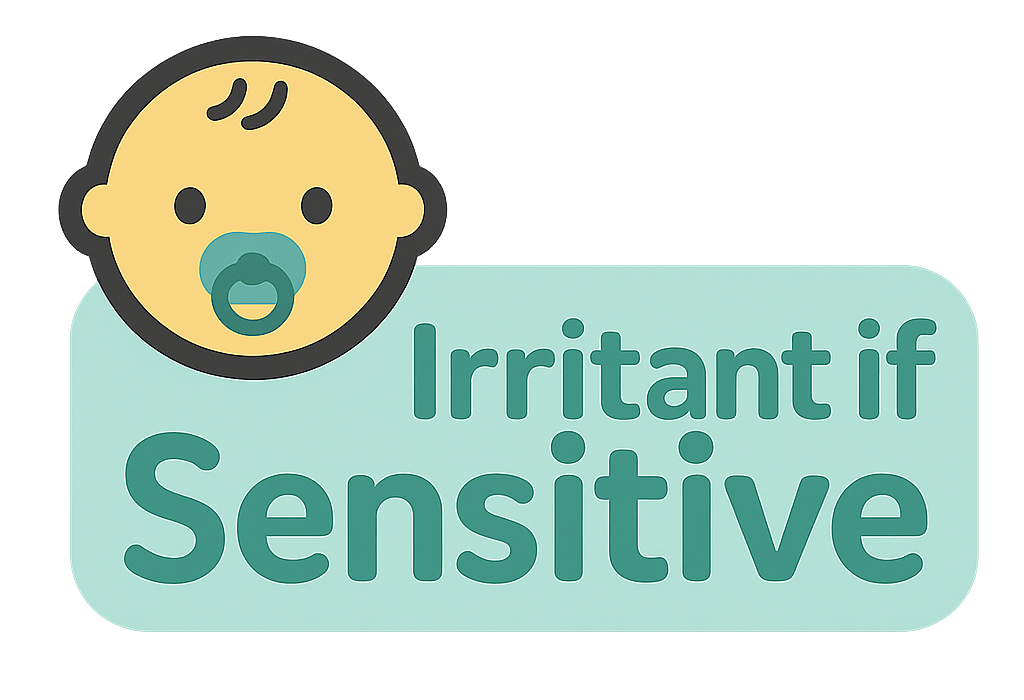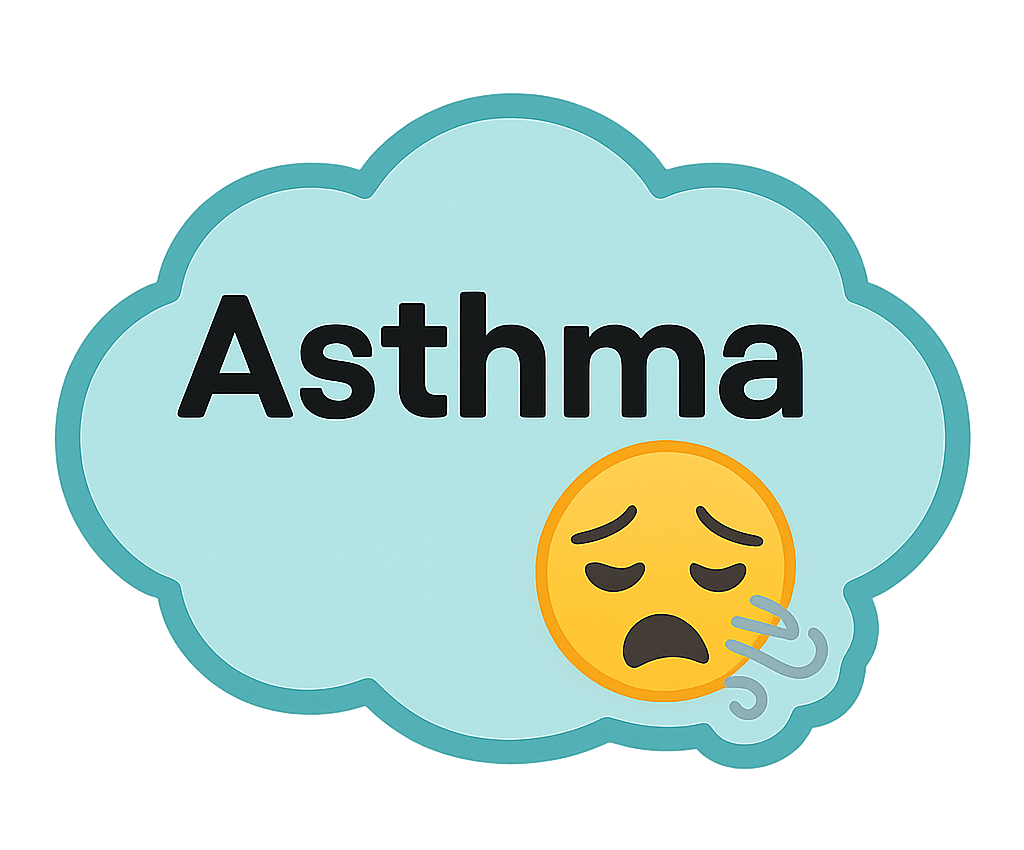For newborn tummies
0–6 month old babies should generally have only breast milk or infant formula. Please talk to your pediatrician before giving anything else.
Take care of you and your baby ❤️
Sesame seeds

0-6 month old newborns • Consumable product
Check for Different Age (4 available)
Is this safe for 0-6 month old newborns to eat Sesame Seeds?
ℹ️General Overview
Sesame is a common allergen and can cause allergic reactions in infants under 6 months. The concern is allergy not poisoning.
✅What to Do
Do not give foods or supplements that list sesame seeds to a baby under 6 months without medical advice. Talk to your pediatrician before introducing sesame and follow their guidance. If accidental exposure monitor the baby and seek urgent care for breathing problems or severe symptoms.
⚠️Warnings
Watch for hives swelling vomiting trouble breathing pale or limp behaviour. Sesame is a labelled major allergen per FDA. If your baby has eczema or family history of allergies get doctor or allergist advice before exposure.
Are you holding the product?
Scan the full ingredient label and understand if it's safe for your child.
Safety Risk Labels
This ingredient has the following documented risks:




Tap or hover over labels to see detailed risk information.
Alternative Names for Sesame seeds
This ingredient may also be listed as:
Always check ingredient labels carefully, as ingredients may be listed under different names.
Common Questions About Sesame seeds
Is this ingredient safe for newborns to eat Sesame seeds?
Sesame seeds is not recommended for 0-6 month old babies due to potential safety risks.
What are the irritant risks of Sesame seeds for newborns?
Can cause skin redness, itchiness, or rashes—especially on sensitive baby skin. This is especially important for babies whose skin and systems are still developing.
What are the eczema risks of Sesame seeds for newborns?
Linked to triggering or worsening eczema and similar skin conditions. This is especially important for babies whose skin and systems are still developing.
What are the asthma risks of Sesame seeds for newborns?
Can make breathing issues like asthma worse in babies and kids. This is especially important for babies whose skin and systems are still developing.
What are the immune system risks of Sesame seeds for newborns?
Could weaken or confuse immune system. This is especially important for babies whose skin and systems are still developing.
What products contain Sesame seeds?
Sesame seeds is commonly found in food products, dietary supplements, and consumable items. Always check ingredient labels before use.
When can infants start eating products with Sesame seeds?
The appropriate age depends on the specific ingredient properties and concentration. This analysis is for 0-6 month old babies. Use the age selector above to check other ages.
Want to scan another product?
Use our camera scanner to analyze more ingredient labels
Scan Another Product